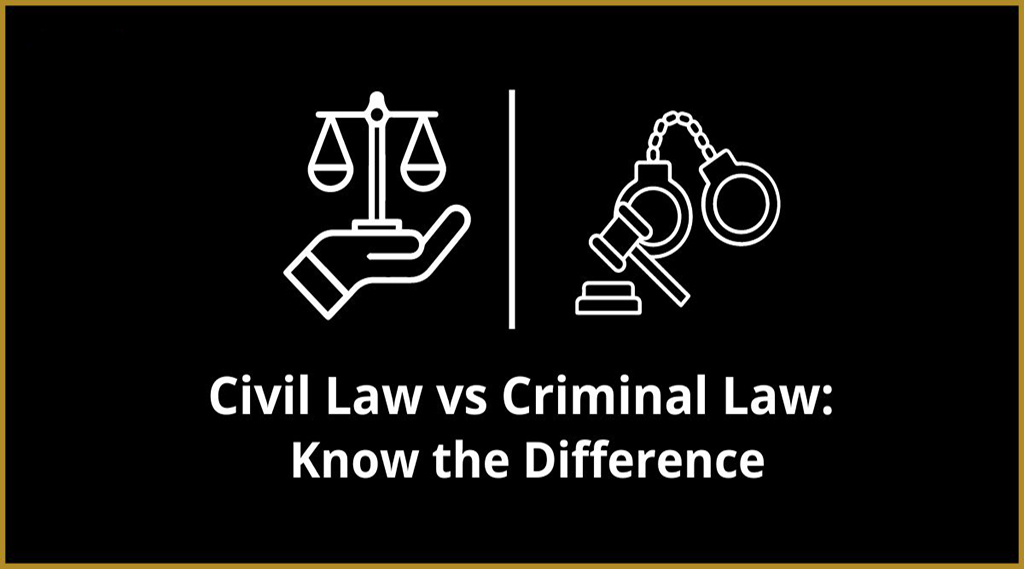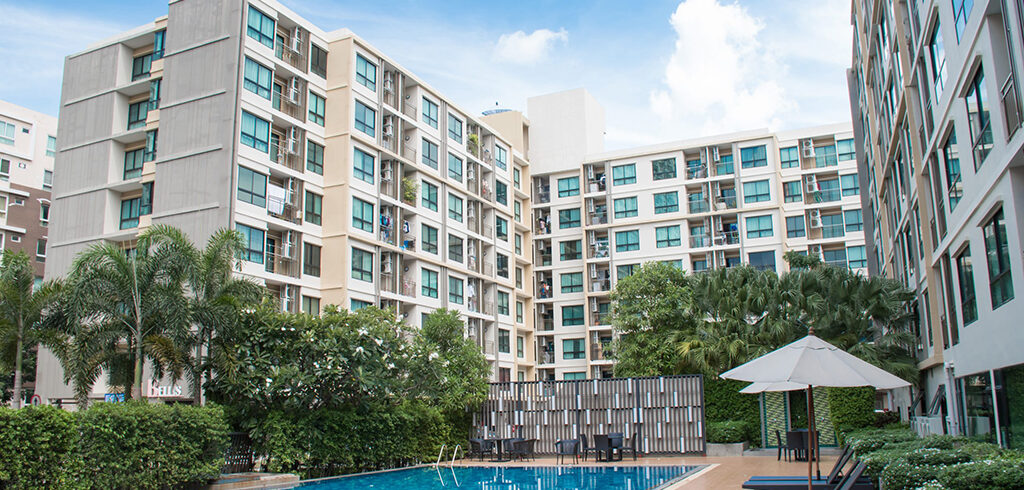
When navigating the legal landscape in Thailand, it’s crucial to understand the distinctions between civil and criminal cases. Whether you’re a local resident or an expatriate living in Phuket, having a clear grasp of these differences can significantly impact your legal strategy and the outcome of your case. This blog post aims to clarify these distinctions, providing valuable insights from a seasoned Phuket lawyer, and guiding you through the complexities of Thailand’s legal system.
The Thai Legal System: An Overview
Thailand operates under a civil law system, heavily influenced by European legal traditions, particularly those of France and Germany. This means that laws are codified, and legal proceedings are generally more straightforward compared to common law systems, which rely heavily on precedents.
Understanding the structure of Thailand’s legal system is essential for anyone dealing with legal matters in the country. Cases in Thailand are generally divided into two broad categories: civil and criminal. Each type follows a different set of procedures, involves different kinds of disputes, and has distinct implications for those involved.
Civil Cases in Thailand
Civil cases in Thailand involve disputes between individuals or organizations. These disputes usually relate to private rights and obligations, such as contracts, property, family law, and torts. The primary aim of a civil case is to resolve a dispute and, if necessary, compensate the injured party.
Common Types of Civil Cases
- Contract Disputes: This is one of the most common types of civil cases in Thailand. It involves disagreements over the terms of a contract or allegations of breach of contract. Whether it’s a commercial contract or a private agreement, a Phuket lawyer can help navigate these complex disputes.
- Property Disputes: In Phuket, property disputes can arise due to issues like land ownership, leasing agreements, or inheritance. These cases often require the expertise of a Phuket law firm with a deep understanding of Thai property laws.
- Family Law Cases: Family law encompasses matters such as divorce, child custody, and alimony. These cases are sensitive and often involve negotiations and mediation to reach an amicable settlement.
- Torts: Torts in civil law refer to cases where one party claims that they have suffered harm due to the actions of another, such as in cases of negligence or defamation.
The Civil Case Process
The process for civil cases in Thailand generally involves the following steps:
- Filing a Complaint: The plaintiff (the party filing the lawsuit) submits a complaint to the court, outlining the details of the dispute.
- Mediation and Settlement: Before proceeding to trial, the court may suggest mediation to resolve the dispute amicably. Many Phuket law firms encourage mediation to save time and costs for their clients.
- Trial: If mediation fails, the case goes to trial. The court hears arguments from both sides, reviews evidence, and issues a judgment.
- Appeal: Either party can appeal the court’s decision if they are not satisfied with the outcome.
Criminal Cases in Thailand
Criminal cases, on the other hand, involve actions that are considered offenses against the state or society as a whole. These cases can range from minor offenses, such as traffic violations, to serious crimes like theft, assault, or drug trafficking. In criminal cases, the goal is not just to resolve a dispute but to punish the offender and deter future crimes.
Common Types of Criminal Cases
- Theft and Fraud: These are among the most common criminal offenses in Thailand. They can involve anything from petty theft to large-scale fraud, with varying degrees of severity.
- Assault and Battery: Physical violence against another person is a serious criminal offense in Thailand. The penalties can be severe, especially if the assault results in serious injury or death.
- Drug Offenses: Thailand has strict drug laws, and offenses related to drug trafficking or possession can result in severe penalties, including long prison sentences or even the death penalty in extreme cases.
- Immigration Violations: Given Phuket’s status as a popular destination for expatriates and tourists, immigration violations such as overstaying visas or working without a permit are common criminal cases handled by Phuket international law firms.
The Criminal Case Process
The criminal process in Thailand is more complex and stringent compared to civil cases:
- Investigation: Criminal cases usually begin with an investigation by the police or other authorities. This stage involves gathering evidence, interviewing witnesses, and sometimes detaining the suspect.
- Prosecution: If sufficient evidence is found, the case is handed over to the public prosecutor, who decides whether to formally charge the suspect.
- Trial: The trial process in criminal cases is more formal and adversarial. The prosecutor presents the case against the defendant, who is represented by a lawyer. The court then decides on the guilt or innocence of the defendant.
- Sentencing: If the defendant is found guilty, the court will impose a sentence, which could include fines, imprisonment, or other forms of punishment.
- Appeal: As with civil cases, there is an opportunity to appeal a criminal conviction, although the grounds for appeal are typically narrower.
Key Differences Between Civil and Criminal Cases
Understanding the key differences between civil and criminal cases is crucial when seeking legal assistance from a Phuket lawyer or a Phuket international law firm:
- Nature of the Dispute: Civil cases involve private disputes between individuals or organizations, while criminal cases involve actions considered offenses against the state.
- Burden of Proof: In civil cases, the plaintiff must prove their case by a “preponderance of the evidence,” meaning it is more likely than not that their claims are true. In criminal cases, the prosecutor must prove the defendant’s guilt “beyond a reasonable doubt,” a much higher standard.
- Potential Outcomes: Civil cases typically result in financial compensation or specific performance, while criminal cases can result in fines, imprisonment, or other forms of punishment.
- Legal Representation: In civil cases, parties may choose to represent themselves, although hiring a skilled Phuket lawyer is advisable. In criminal cases, especially serious ones, legal representation is crucial, and the state may provide a lawyer if the defendant cannot afford one.
Why You Need a Phuket Law Firm
Whether you’re dealing with a civil dispute or facing criminal charges, having the right legal representation is essential. A Phuket law firm can provide the expertise and local knowledge necessary to navigate the complexities of the Thai legal system.
Expertise in Local and International Law
Phuket international law firms are particularly well-equipped to handle cases involving expatriates or international businesses. They combine expertise in Thai law with a deep understanding of international legal principles, ensuring comprehensive legal support.
Navigating the Legal Process
The legal process in Thailand can be challenging, especially for those unfamiliar with the system. A knowledgeable Phuket lawyer can guide you through each step, from filing a complaint to representing you in court. They can also advise you on the best course of action, whether it involves negotiation, mediation, or litigation.
Protecting Your Rights
In both civil and criminal cases, protecting your rights is paramount. A skilled lawyer from a reputable Phuket law firm will ensure that your rights are upheld throughout the legal process. This is particularly important in criminal cases, where the stakes are high, and the consequences of a conviction can be severe.
Conclusion
Understanding the differences between civil and criminal cases in Thailand is crucial for anyone involved in legal proceedings in the country. Whether you are a resident, an expatriate, or a business owner in Phuket, having the right legal support can make a significant difference in the outcome of your case.
A Phuket lawyer from a reputable Phuket law firm or a Phuket international law firm can provide the expertise and guidance you need to navigate Thailand’s legal system effectively. By understanding the nature of your case, the legal processes involved, and the potential outcomes, you can make informed decisions and protect your interests in any legal matter.
For those in need of legal assistance in Phuket, choosing a law firm with a deep understanding of both local and international law is key to ensuring the best possible outcome. Whether dealing with a civil dispute or facing criminal charges, having a knowledgeable and experienced lawyer by your side is invaluable.





